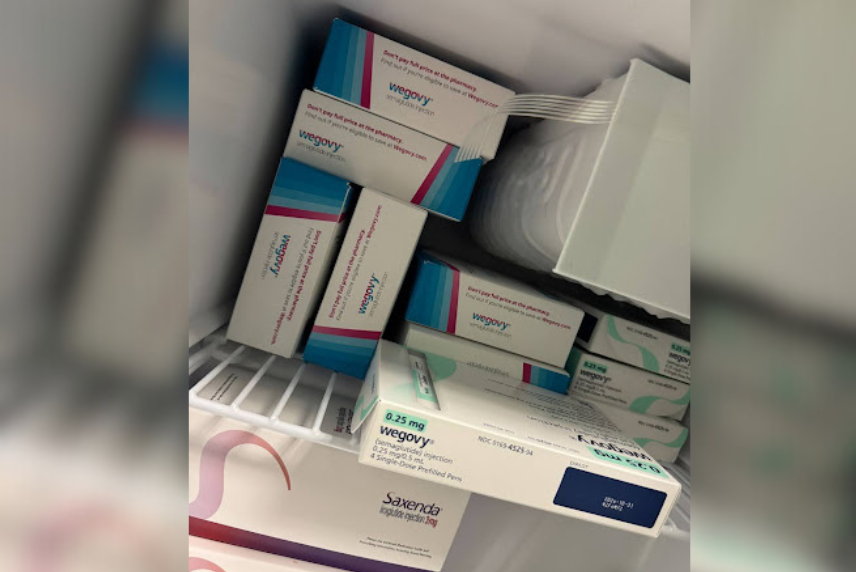
February 7, 2025
Medical weight loss involves a combination of strategies to manage obesity, including medications, dietary changes, physical activity, and behavioral modifications. In cities like Dallas and Plano, TX, medical weight loss programs are gaining popularity for their tailored approaches to help individuals achieve and maintain a healthy weight. While medications play a significant role in these programs, it’s important to evaluate whether they alone are sufficient for long-term success. This blog will delve into how weight loss medications work, their benefits and limitations, and why a comprehensive approach, including lifestyle changes, may be necessary for effective and sustained weight management.
How Weight Loss Medications Work
Weight loss medications operate through different mechanisms to aid in weight management. They may help by reducing appetite, increasing feelings of fullness, or decreasing fat absorption. These medications are usually prescribed for individuals with a high body mass index (BMI) who have not seen significant weight loss through diet and exercise alone.
Appetite suppressants target the brain’s hunger centers, reducing the desire to eat. Fat absorption inhibitors work by preventing the body from absorbing a portion of the fat from the consumed food. Hormone regulators mimic hormones that control appetite and food intake. Each type of medication serves a specific purpose and is selected based on the patient’s health profile and weight loss objectives.
Benefits of Weight Loss Medications
Weight loss medications offer several benefits, both in the short term and long term. In the short term, these medications can lead to rapid weight loss, which often motivates patients to stick to lifestyle changes. They can also provide an immediate reduction in risk factors for obesity-related conditions such as hypertension and diabetes.
In the long term, sustained weight loss achieved through these medications can result in improved overall health and a reduced risk of chronic diseases. Additionally, patients may experience an enhanced quality of life and increased physical mobility.
Limitations of Medication Alone
Relying solely on medication for weight loss may have several limitations. First, weight loss achieved through medication alone may not be sustainable without concurrent lifestyle changes. Additionally, some medications may have side effects that impact overall health and well-being. Weight loss drugs may not be suitable for everyone, particularly those with certain medical conditions or who are taking specific medications that contraindicate their use. At DFW Bariatrics and General Surgery in Dallas and Plano, Texas, our medical weight loss doctors thoroughly review individual medical histories to recommend the most appropriate treatment approach, ensuring fewer complications and more effective results.
The Need for a Comprehensive Approach
A comprehensive approach to medical weight loss combines medication with lifestyle changes to ensure that weight loss is both sustainable and beneficial for overall health. Key components include adopting a balanced, nutritious diet tailored to individual needs; engaging in regular exercise to boost metabolism and maintain muscle mass; and seeking counseling to address emotional and psychological factors related to eating habits. DFW medical weight loss programs emphasize this holistic approach, integrating medication with lifestyle modifications to achieve the best outcomes.
Conclusion
Weight loss medications play a significant role in managing obesity, especially when combined with comprehensive lifestyle changes. For those seeking medical weight loss in Dallas and Plano, TX, DFW Bariatrics and General Surgery offers expert guidance and personalized plans. Our team provides non-surgical weight loss procedures tailored to your unique needs, ensuring a safe and effective journey toward a healthier you. To know more about medical weight loss program in Dallas and Plano or to schedule a consultation, call 469-620-0222, email [email protected], or fill out our contact form.
